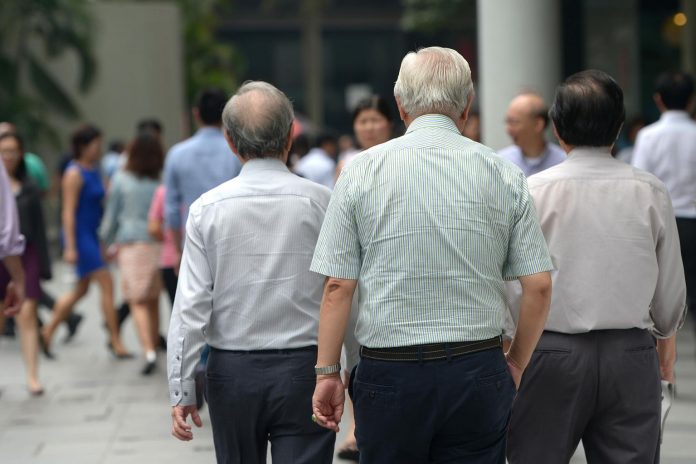Singapore has recently announced a concerted effort to help its middle-aged and older workers as they represent a majority (approximately 60 percent) of the city-state’s current workforce. This is being done as a part of the nation’s efforts to combat adverse effects that have been brought about by the COVID-19 coronavirus.
“Our workforce is much older today than in the late 60s when the British began pulling out, and in the mid-80s recession,” said Senior Minister Tharman Shanmugaratnam at a ministerial broadcast series entitled “A Stronger And More Cohesive Society” here today.
“In those times, less than 30 percent of our workforce was 40 years or older. Today, the proportion is 60 percent, double what it was before. And many of today’s workers are in fact 50 years or older,” said Tharman, who is also the Coordinating Minister for Social Policies.
Tharman also mentions that many workers who are currently in their 50s and 60s often did not go beyond secondary school. As such, they have had much fewer educational opportunities than the younger generation of workers.
Despite this, Tharman noted that said older generation of workers are also a hard-working and vigorous generation that has accumulated valuable skills and experience over the years. Through their efforts and perseverance, the older generation has helped carry Singapore into the economic powerhouse of the SEA region it is today.
Regardless, it is becoming increasingly obvious that these older generation of workers are not being seen as valuable. Many developments in the global economy as well as technology has led many businesses to believe that the way forward is paved by the usage of high-tech solutions and new and innovative ideas. Many tend to believe that it is the younger generation who possess this new skillset, thus denying the older workers a chance to even learn new skills.
This could lead to potential problems in the future, as the world is currently facing a rather dire shortage in talent. Declining birth rates throughout developed nations across the world means that the talent pool of every subsequent generation is getting smaller. As such, nations need to rely more on their older workers, who often make up the bulk of a nation’s workforce.
In the meantime, Tharman noted that the Singapore government will spare no effort to help older workers carry on with their careers in the most productive jobs they can do. According to him, the government will give employers extra support when they hire middle-aged and older Singaporeans.
“This is, and must be, a national effort,” he said, adding that “it needs new thinking among employers, to give middle-aged and mature Singaporean workers a fair chance to prove themselves.”




















